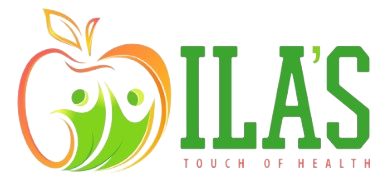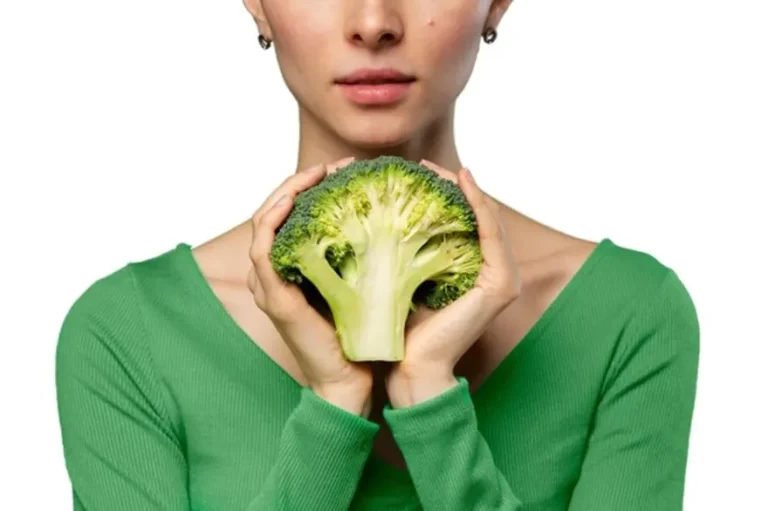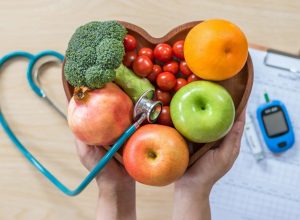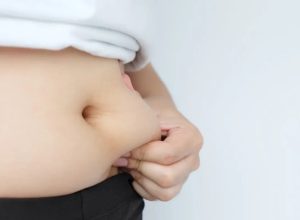Ultimate Postpartum Diet Chart For Breastfeeding Moms India
Breastfeeding is one of the most rewarding experiences for new mothers, and it plays a critical role in providing essential nutrients for the baby’s development. For the mother, maintaining a healthy diet during this period is equally crucial. A well-balanced diet can not only ensure the quality of breast milk but also help mothers recover from childbirth and manage their weight.
This article provides an ultimate Indian diet chart for breastfeeding moms, guiding them on the right nutrients, foods to eat, and foods to avoid for a healthy postpartum journey.
Key Nutrients in a Breastfeeding Diet

During breastfeeding, a mother’s body needs additional nutrients to support both her and her baby’s health. Ensuring a balanced intake of these nutrients is essential for maintaining energy levels and promoting optimal milk production.
Calories Needed for Breastfeeding Moms
Breastfeeding mothers require an additional 500 calories per day to support the production of breast milk. These calories should come from whole grains, fruits, vegetables, and healthy fats like nuts and seeds. It’s important to eat smaller, nutrient-rich meals every few hours to meet these increased calorie needs. A breastfeeding mom’s diet should focus on complex carbohydrates and protein-rich foods to maintain energy and boost milk supply.
Ultimate Indian Diet Chart for Breastfeeding Mother
Here is an example of a balanced Indian diet chart for breastfeeding mothers to follow. This diet ensures a healthy mix of essential nutrients to support both the mother’s health and her baby’s development.
| Time | Meal |
|---|---|
| Morning | 1 Cup Tea/Coffee (with 0 or 1 tsp sugar), 6-7 Soaked Almonds & 3-4 Dates |
| Breakfast | 1 Glass of Milk, 1 Whole Fruit or Paratha (stuffed with Palak or Methi) with Curd OR 2 Eggs with 3 Slices of Whole Wheat Bread |
| Mid-morning | 1 Whole Fruit |
| Lunch | 2 Rotis with 1 Bowl of Sabzi, 1 Bowl of Dal, Salad, and Raita |
| Evening Snack | 1 Glass of Milk, Gond Laddu (if available) or a Handful of Nuts |
| Dinner | 2 Rotis with 1 Bowl of Sabzi, 1 Bowl of Dal, and Salad |
| Bedtime | 1 Glass of Milk |
This meal plan offers a balance of proteins, healthy fats, and carbohydrates. It is designed to ensure mothers get enough nutrients to sustain themselves while breastfeeding their babies.
Food to Eat While Breastfeeding
Breastfeeding moms should focus on nutrient-dense foods that support their health and promote optimal breast milk production. Here are some food categories to prioritize:
Foods and Drinks to Limit or Avoid While Breastfeeding
While most foods are safe during breastfeeding, there are a few that should be limited or avoided due to their potential impact on the mother and her child’s health.
Breastfeeding and Weight Loss
Breastfeeding naturally helps mothers burn extra calories, aiding in postpartum weight loss. However, it’s important not to rush the process. Rapid weight loss can affect milk production and energy levels. Instead, aim for slow and steady weight loss by maintaining a balanced diet rich in nutrients.
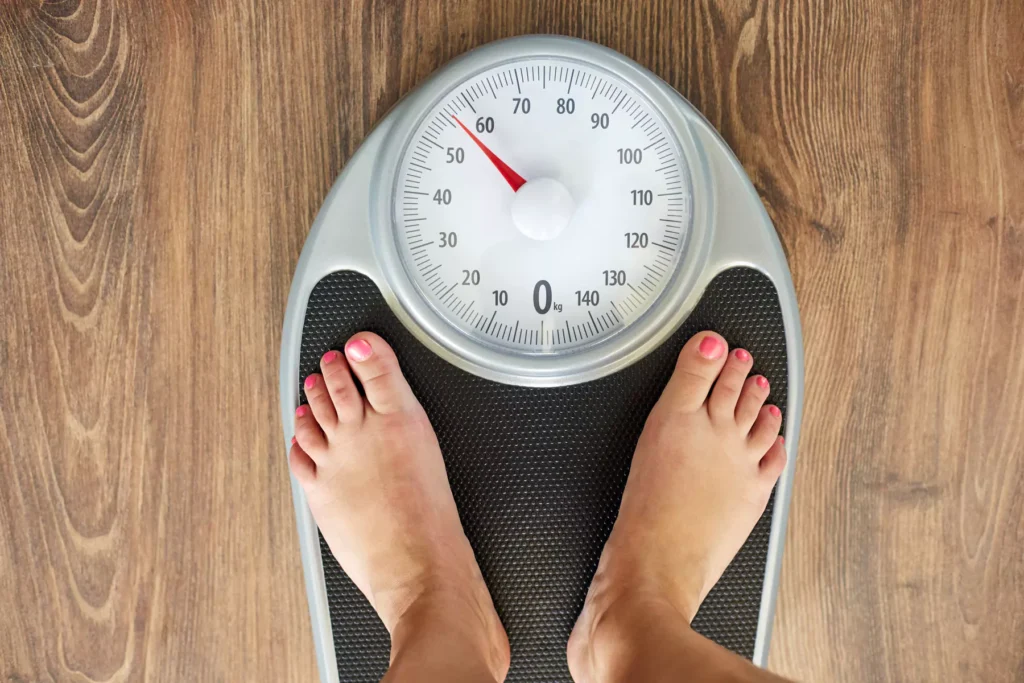
Incorporating light exercises such as walking or yoga can further support healthy weight loss. Focus on whole foods, lean proteins, and healthy fats to meet your weight loss goals without compromising your breastmilk.
Conclusion: Diet Plan for Lactating Mothers
A well-balanced diet is crucial for breastfeeding mothers. Ensuring you consume enough nutrients not only keeps you healthy but also supports the development of your baby. By following a comprehensive Indian diet plan like the one mentioned, you can maintain energy levels, promote optimal milk production, and improve your postpartum recovery. Eating a variety of fruits, vegetables, whole grains, and protein sources will help you navigate the breastfeeding journey with confidence and vitality.
A personalized diet chart for breastfeeding mothers is also essential to meet individual needs. This will ensure that both the mother and the baby thrive during this critical phase.
